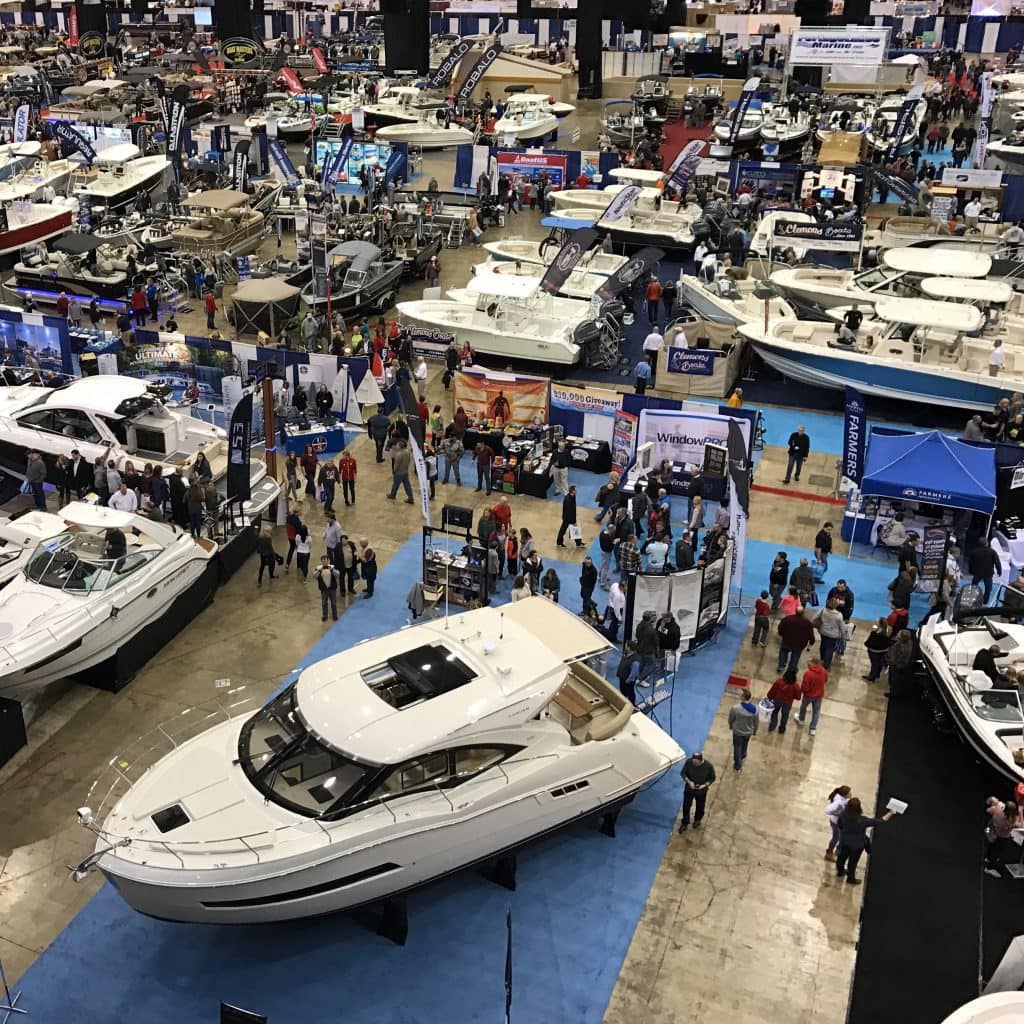Can You Negotiate Boat Prices?
Whether the boating season has just passed or is coming up on you quickly, you could be feeling the desire to purchase a new vessel. Of course, with such a large prospective expense, you want to make sure that you are prepared to get the best deal possible.
Can You Negotiate Boat Prices?
Can you negotiate the price of a boat? Yes, of course you can. Boat sales are similar to car sales – just a different type of vehicle. Whether you are looking for a new boat or a used boat, always attempt to negotiate. This is the only way you will get a truly good price and discount while purchasing a boat.
That being said, there are tips that can help you to best negotiate the price of the boat and understand how the negotiation process works. This guide will include tips that help you keep your offers respectable and appropriate while still obtaining the best value for your new water ride. Here is all you need to know about boat negotiating.
Knowing When to Negotiate a Boat Price
While I would argue that you should always negotiate a boat price, there are definitely more ideal times to do this than others. Knowing the following information will best prepare you to know how to negotiate and when negotiating is more or less likely to work.
Knowing Market Price
Knowing the market price is definitely the most important part of negotiating the price of a new or used boat. If you know what cost that boats are going for based on the year, model, location, and time of year, then you will have a leading-edge on purchasing a boat at a great price.
This tip goes beyond just knowing the numbers and can also include costs to fix and maintain, as well as when a seller is in need of a sale or not. By doing your research and truly understanding your local market, you can play off of the supply and demand- both of the local boat vendors and the reasonable market differentials.
Dealer v.s. Private Sale Differences
Dealers and private boat sales are going to be treated very differently. If you have any experience buying and selling a car, this is going to be a relatively similar concept, just for a different type of vehicle.
While you can often expect a lower cost from a private sale, dealerships may have nicer boats in their inventory and come down more on the market price with you. There is a definite trade-off here, and it usually depends on your intent as a buyer.
This is another area that market research is super important. If you have a specific boat in mind, you may see the most reasonable sales price in the area (private or dealer). There may be similar boats available in the area for a better deal.
However, if you are just browsing and are open to different options, you may have a bit more wiggle room to choose the option that is best for you and your boating needs and desires.
Dealer
Working with a boat dealer is a good option when buying a boat for many reasons. First of all, you usually know that you are purchasing a boat that is in great condition (new) or a really good used boat.
Additionally, many dealers offer financing options, insurance plans, and other associated offers. This is best for those who are uncertain of their ability to notice issues with a boat or are unable to put money or time into fixing a boat.
When it comes to negotiating, the advantage of dealers is the overall potential you have to talk them down in price. If you go to a dealer when they really need to make a sale (such as in the off-season when boat sales are fewer in number), they are more than likely going to come down a lot on the price.
This will leave you with the option to purchase a new boat under the market price. This is a great deal for someone who is able to make this investment, so it is definitely worth looking into- especially if you know the specific boat that you are after.

Private Sale
Private sales also have their fair share of advantages. First and foremost, you are going to get the lowest price most of the time as compared to working with a boat dealer.
Private boat owners are also going to be less used to negotiating and may be willing to come down lower than they even anticipated in order to make the sale. If you have a tight budget, or know your way around boats and are able to know you are getting a good deal, private sales are definitely the way to go.
However, keep in mind that most private sales are final. While you will transfer paperwork regarding ownership, there is limited warranty or ability to return the boat if something goes awry.
While most private boat dealers will be honest with you about their boats, it is still best to have the boat inspected prior to purchasing so that you know what you are really shelling out your cash for.
Seasonality
Seasonality is going to be one of the largest factors in a boat’s price and your ability to negotiate to get a great deal. In the fall and winter, a person selling a boat is probably going to need the sale.
Since this is the off-season, there will be fewer people looking to purchase a boat, so you can use this to your advantage and persuade the seller to agree on a lower price. This can be used to your advantage in the negotiation, and you can offer cash or quick payments (the same day it lists) as an incentive for the seller to come down on price.
Choosing to purchase a previously-owned boat during the spring may lessen your negotiating powers as there will be more demand on the market, so the seller will not have to rely on you as the only potential buyer.
Buying a used boat in the summer is possible, but it will usually be difficult to find what you are looking for because the boating season is already in full swing so there will be fewer boats on the market.
Steps of Negotiating a Boat Price
While the above information is great for understanding the “when” of negotiation a new or used boat price and having a mindset appropriate for your situation, you may want something more practical for negotiating.
I have put together a simple, condensed, but very useful list of things to do while negotiating a boat price.
- Research Market Value
While this was previously mentioned above, I am repeating it here because it is crucial to getting the best deal possible. Know what boat models and years are going for near you so you can be sure of what deal you are getting. Also, unless you are willing to travel further distances, it is best to pay the most attention to local markets as these will be more relevant to you and the boat vendor. - Do Not Become Attached to a Single Boat
This is great advice both for new boats and used boats. With new boats, you will have a lot more leeway on getting similar deals at multiple places- both with private sales and with a local boat dealer. This should help you to remove any feelings of attachment you feel toward a certain boat.
If you are shopping used, you may have fewer options for the exact model you are hoping for. If at all possible, try to avoid having your heart set on a single model. Take time to see what is out there and really search for the best value. If you become attached to a single boat, this will limit your ability to get the best deal for other similar makes and models. Know what is important to you in a boat, and then try to keep an open mind. - For Used Boat Sales, Inspect it Thoroughly
Inspecting yourself or hiring a professional to do so is a great thing to do with any used boat regardless of if it is coming from a private vendor or dealer. If you are not too savvy with boats, just look for a list online containing things to inspect (there is a good one here). Write in an internet forum and ask people what issues they had with used boats so you can make sure not to fall into the same mistakes. What may look like minor flaws with your boat’s electronics or hull may result in costly repairs.
If you do not feel comfortable inspecting a used boat and its accessories yourself, it is best to hire a professional to do so or bring along a friend or family member who knows what he or she is doing. It is not shameful to ask for help, here. You are actually demonstrating intelligence by admitting what you may not know and saving yourself some major headaches and unexpected concerns in the long run. - Lowball, but Do Not Be Rude
Giving a low offer to either a dealer or a private seller is not an offensive thing. Private dealers are much more likely to take offense because they are attached to the boat for sale and because they are not used to negotiation. They know the value of the boat and don’t want to let it go for less that it’s worth. At the end of the day, the worst thing that happens is a “no” or counter offer, and you may just luck out and get a boat much cheaper than you originally thought possible.
Keep in mind that there is a considerable range for negotiating. You will know this based on your research in the local market. An offer that is slightly lower is more likely to be accepted by the vendor than an offer that is less than half of their asking price and has no backup research for why that offer makes sense.
